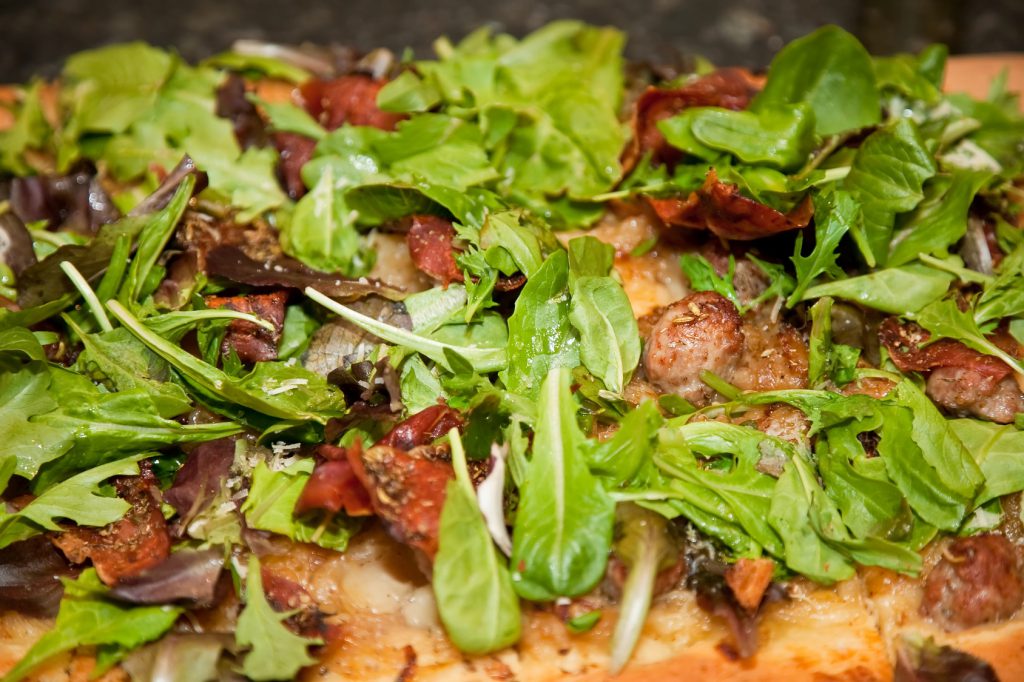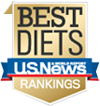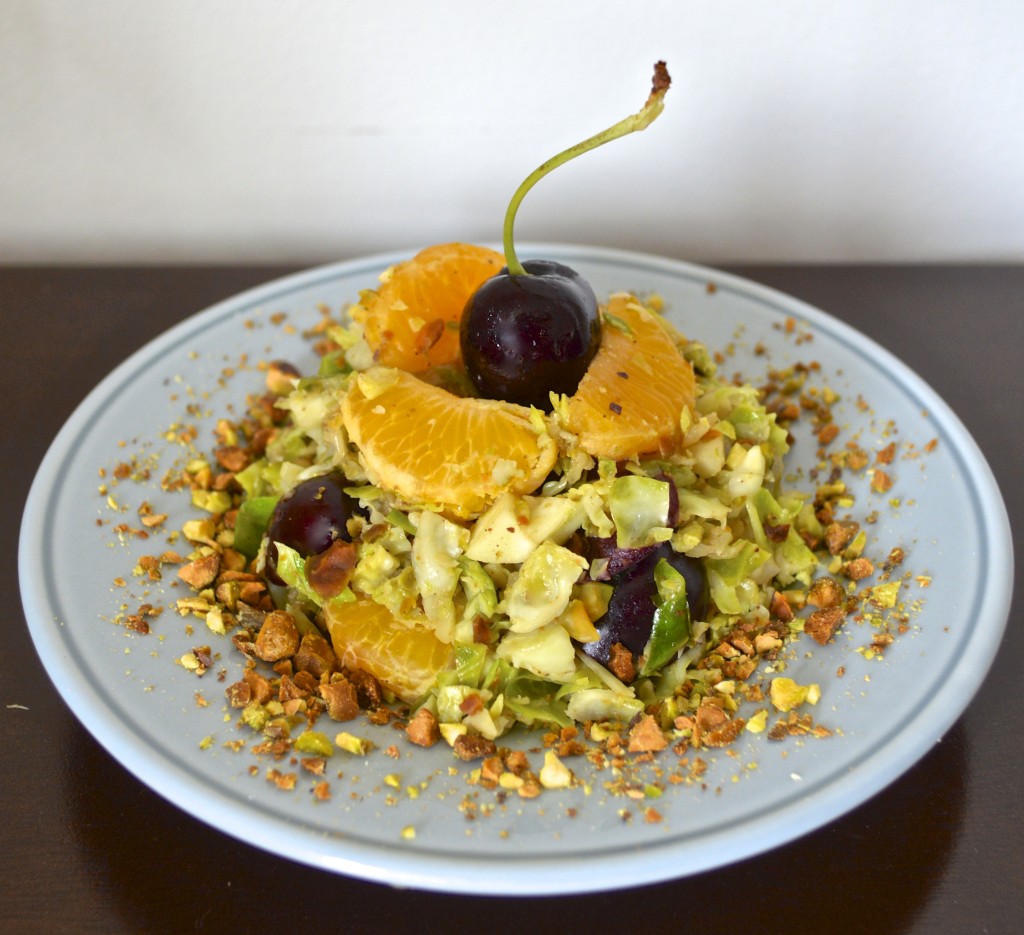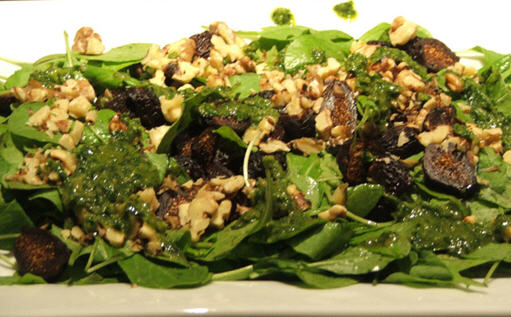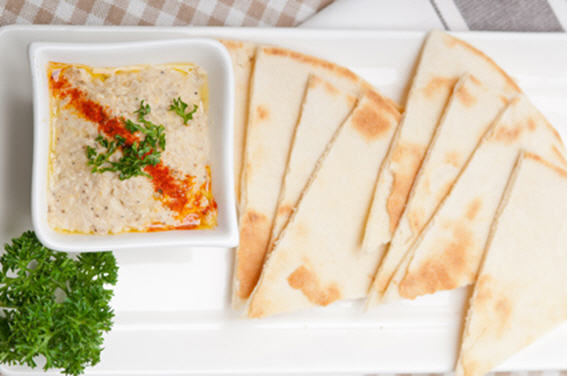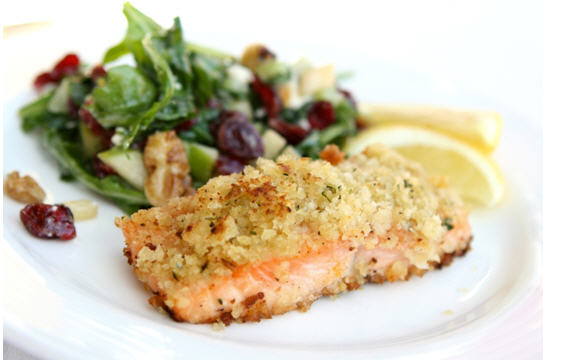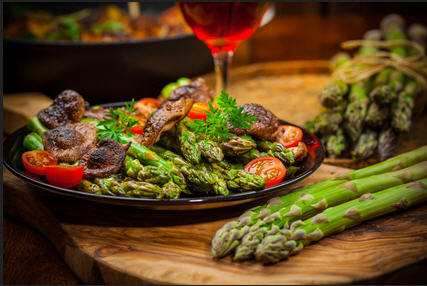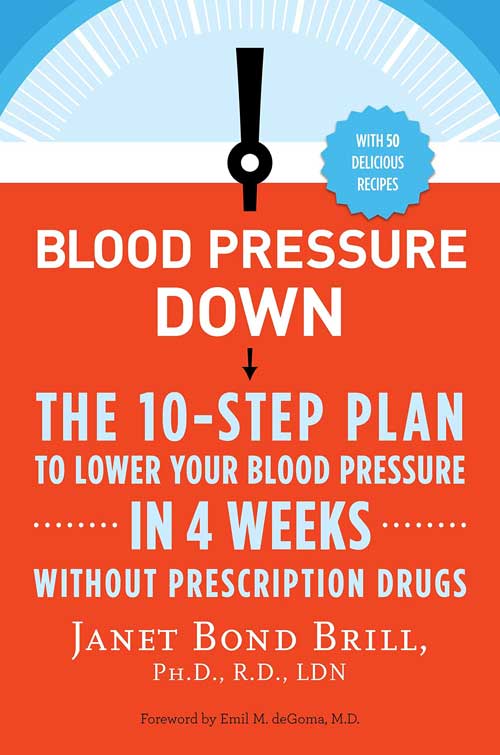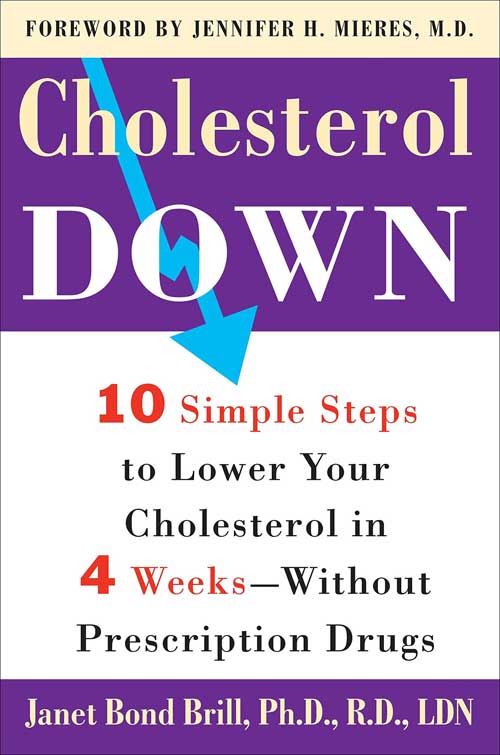By
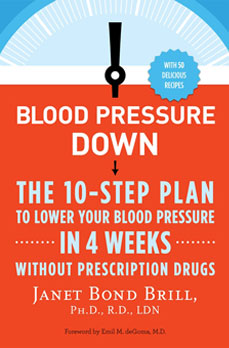
Here is an interesting testimonial on Blood Pressure Down book by John Zucker. He shares his thoughts on how this book has made a difference to his life..!!
Hi Janet,
“This is a sincere “Thank you” for writing Blood Pressure Down.

I”‘m 70 and was advised to increased my BP meds a second time due to hypertension in the 140+/90+ range. I”‘ve never had this problem before and thought I”‘d better learn about blood pressure and what the issues are.
After looking at what Amazon had to offer, I settled on your book, for what reason I don”‘t know but perhaps for the way the information was presented, that the book was relatively new and you are a nutritionist, not an MD.
Being a nerd, I loved the first few chapters on how BP works and found myself highly motivated to move forward. I only weighed 185 but decided it would be OK to lose five pounds and without trying, after about six weeks I”‘m now at 181 or so.
But the next chapter on salt was a major eye opener. My wife is very health conscious and often reminds me of the danger of sugar and nitrates in our diet. She”‘s an aerobics instructor (at 64) and loves salt so she never thought much of the amount of salt we consume.
After reading Chapter 5, I started reading labels and I was shocked. I”‘m taking HCTZ and as you probably know, part of that medicine is a diuretic.
I just didn”‘t understand what salt consumption was doing to me and recognized the link between salt intake and poor nutrition. To support me, my wife has cut her salt intake and doesn”‘t even miss it.
I also appreciated the chapters on potassium and magnesium, as well as the relationship between omega 3 and 6. My wife has autoimmune issues (rheumatoid arthritis) and is currently monitoring her 3/6 ratios to determine if there”‘s any effect on inflammation.
I have to disclose that I wasn”‘t exercising much due to the holidays and attacked some overdue landscaping work with great vigor at the same time I started your program. The results were remarkable. In just two weeks, my BP levels were ridiculously low. One evening I actually got a reading of 95/51 with a resting heart rate of 50. And what I found out is I really like the foods I”‘m supposed to eat.
We have always been kale fans but we”‘ve increased our greens a bit. I made a mixture of chia, flax, etc. seeds to sprinkle on my yogurt every morning. I love my afternoon vegetable juice drink and learned that Trader Joe”‘s offers a snappy low sodium version that”‘s even better than Safeway”‘s. And on it goes, with my doctor lowering my BP meds and likely to lower them even more when I report the latest data.
I want to share with you my method of keeping track of my salt intake. What I do is divide 1,500 mg of sodium into units of 150 mg. It seems lots of meals fall into the 150 or 300 or 450 mg category.
A slice of lunchmeat with a very thin slice of low sodium Swiss cheese on a single slice of bread is about 150 mg, or one unit. Loaded with lettuce, tomatoes and onions, it”‘s still one unit. My low fat yogurt is about 150 mg so that”‘s another unit. My wife makes great soup with low sodium chicken stock and I get about 450 mg there, so that”‘s three units.
I snack on apples, bananas, unsalted nuts, carrots and celery at zero units. So without even thinking, I have five units right there in all the food I mentioned. Just getting familiar with salt content in multiples of 150 mg is all it takes to keep track.
Of course I don”‘t need to keep track of the salt content of olives, pickles and so on. If they are available, I”‘ll just eat a few and call it one unit. And by reading labels, I was surprised at the salt/potassium content of certain potato chips. Some of them are horrible, but a few are just fine provided I eat only ten or fifteen chips and consume another unit.
The point is being conscious of all of this makes it fairly easy to keep within ten units a day. And if I get tempted, I just tell myself, “I”‘m tired of eating crap,” and that”‘s the end of it.
That”‘s the case with very high salt content foods. I don”‘t need to keep track of how much salt is in them. I just skip them entirely by reading the labels and putting the stuff back on the shelf. I”‘m with you; we need better labeling, but at least I have to admit the information is there.
Still, I am shocked by the salt content of the typical foods in grocery stores. Every time I go to buy low sodium chicken broth, the shelf is almost empty. When are the suppliers going to get it?
Even cans of beans are loaded with salt and my wife now makes her soups with beans from scratch. It”‘s an extra step to prepare them, but cooking is fun after all. And we are enjoying your suggestion to try other spices. It turns out that the more we prepare our own food, the healthier it is.
Well, perhaps I”‘ve gone on for too long but I want to make sure you know how much I appreciate your work. I will follow your guidelines and make sure to recommend your book to my personal friends, some of whom are doctors who will appreciate your special talent. You”‘ve made a difference In my life and I thank you for that.”
All the best,
John Zucker
Elk, CA
Check out the book on amazon:
Blood Pressure Down: The 10-Step Plan to Lower Your Blood Pressure in 4 Weeks–Without Prescription Drugs

